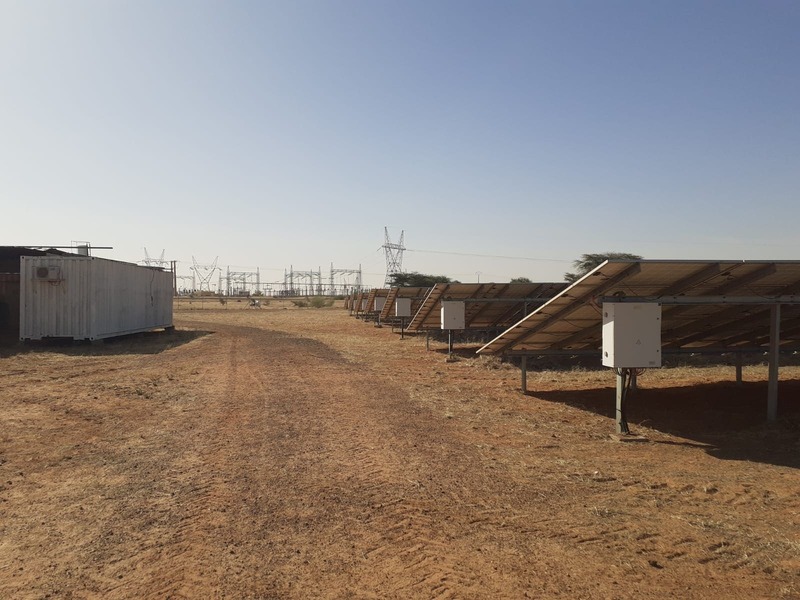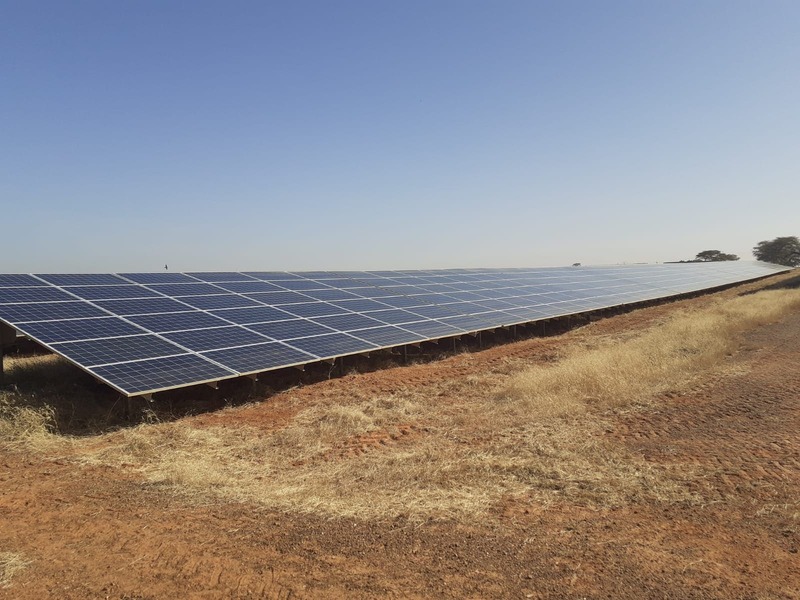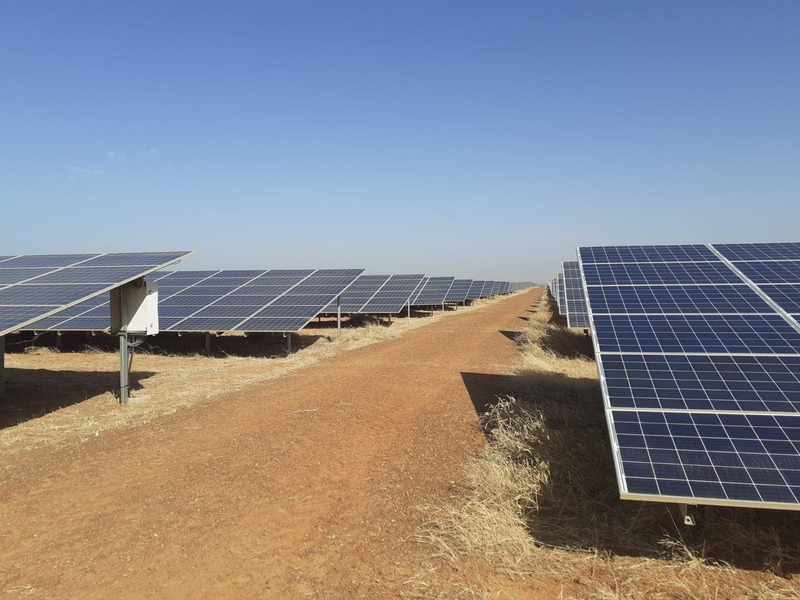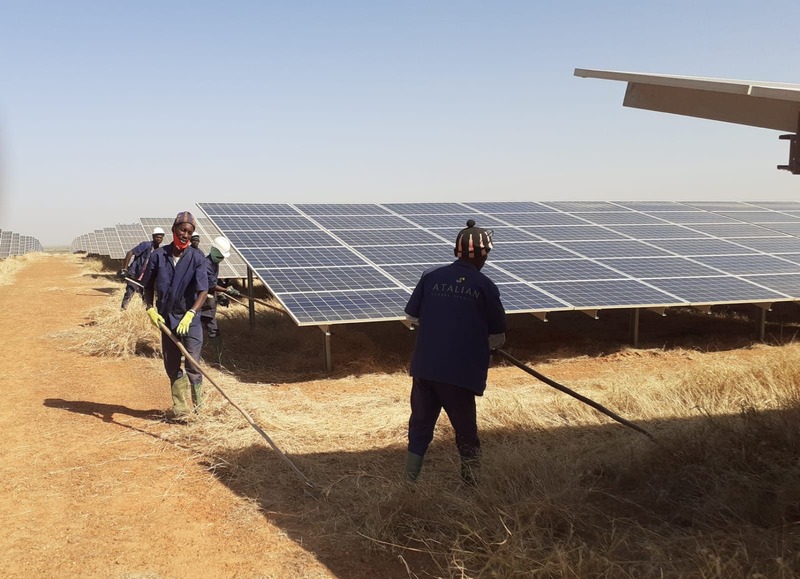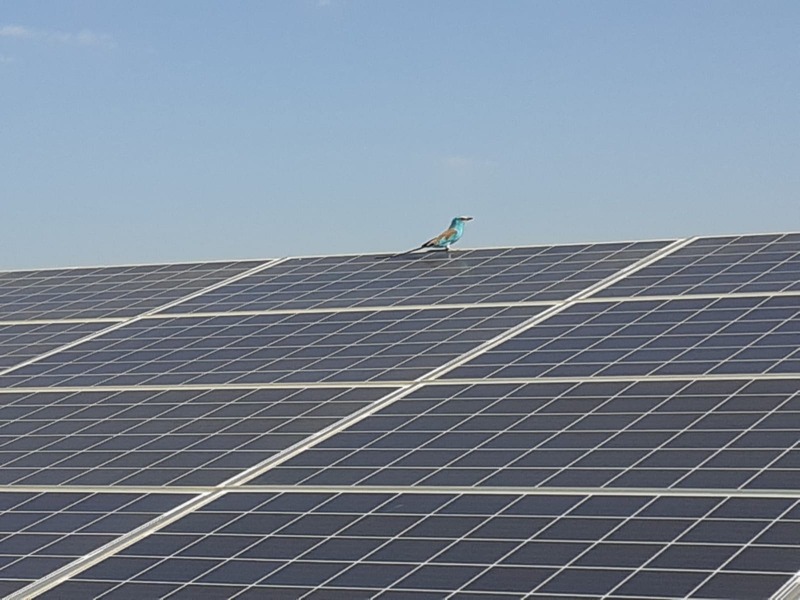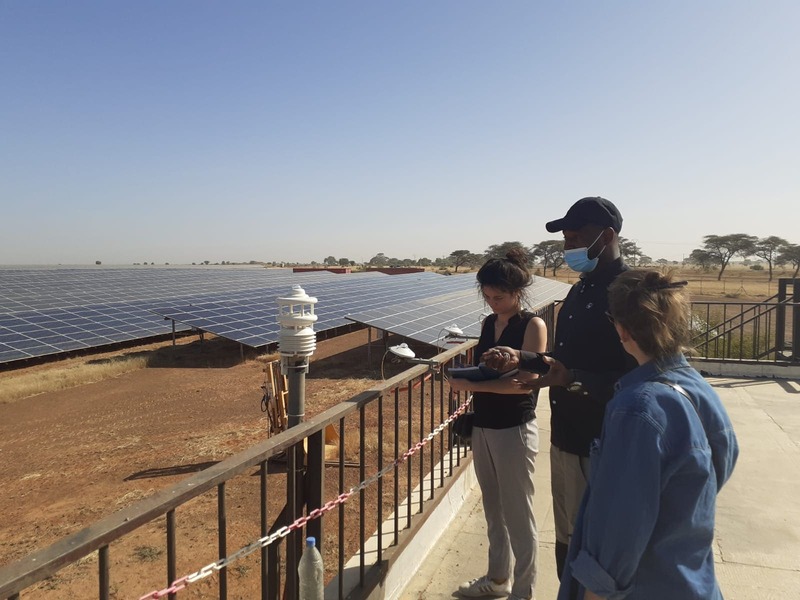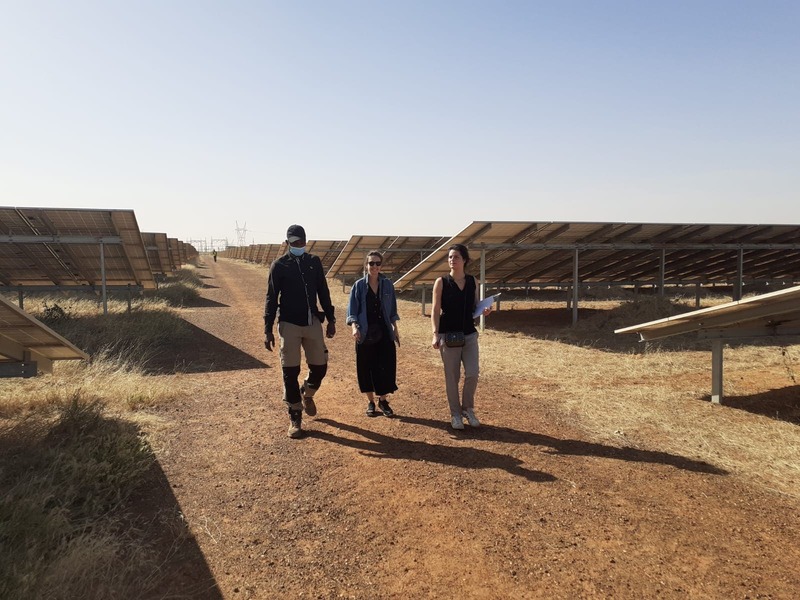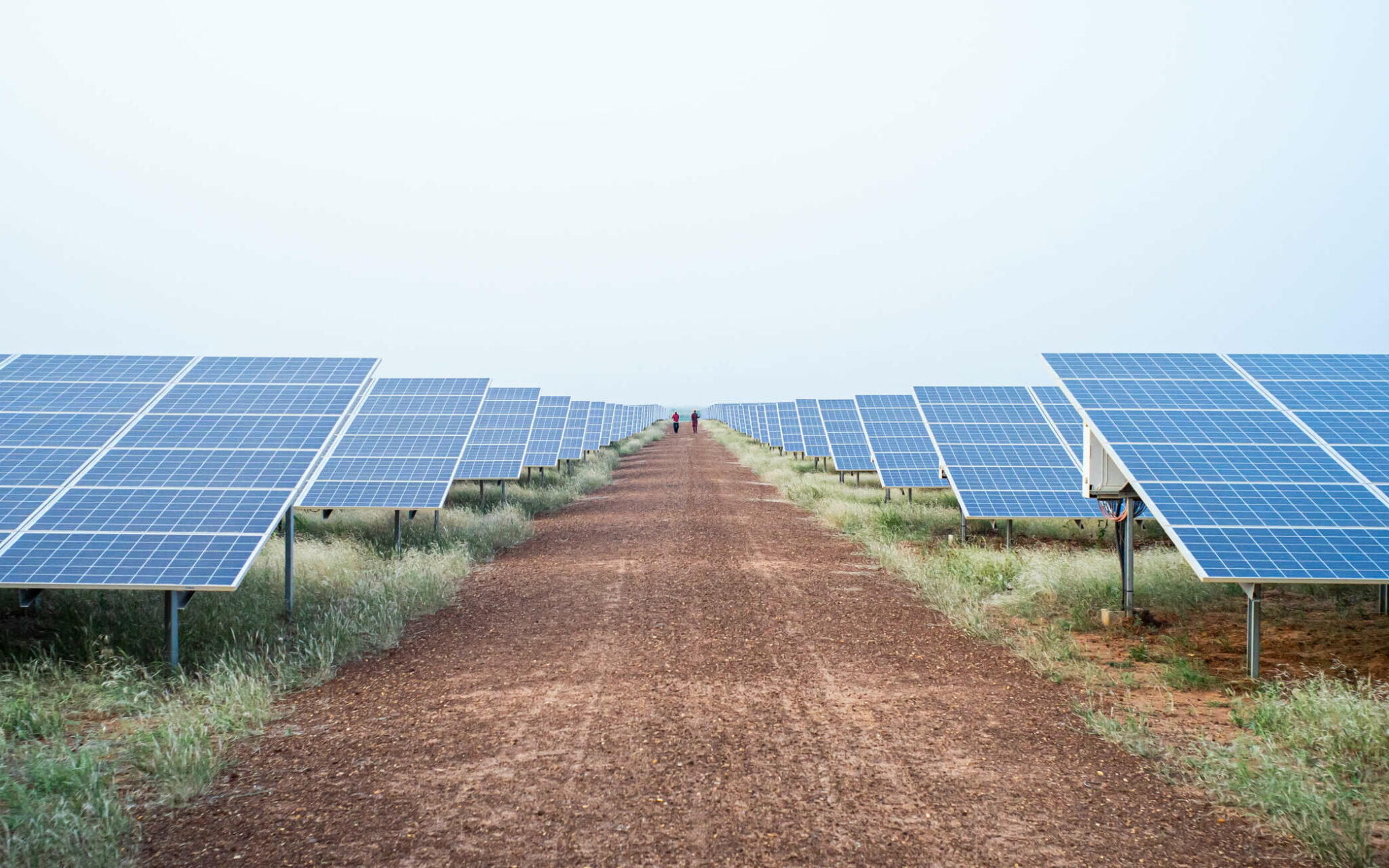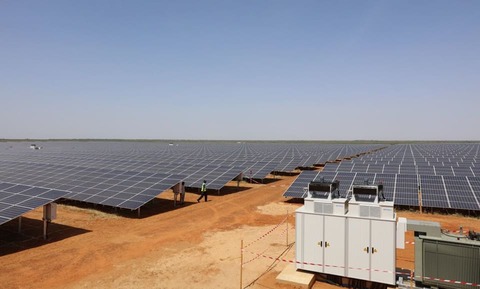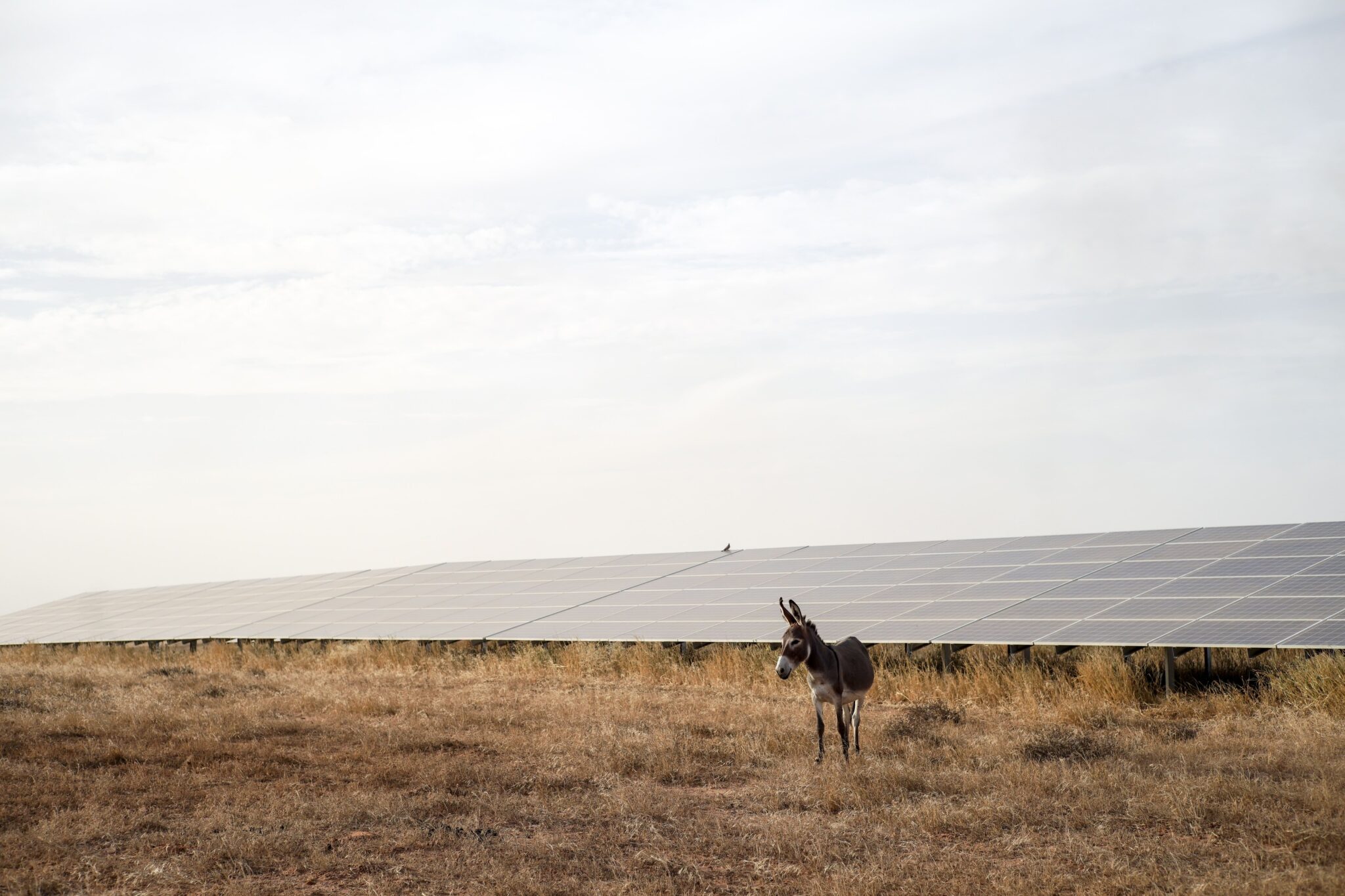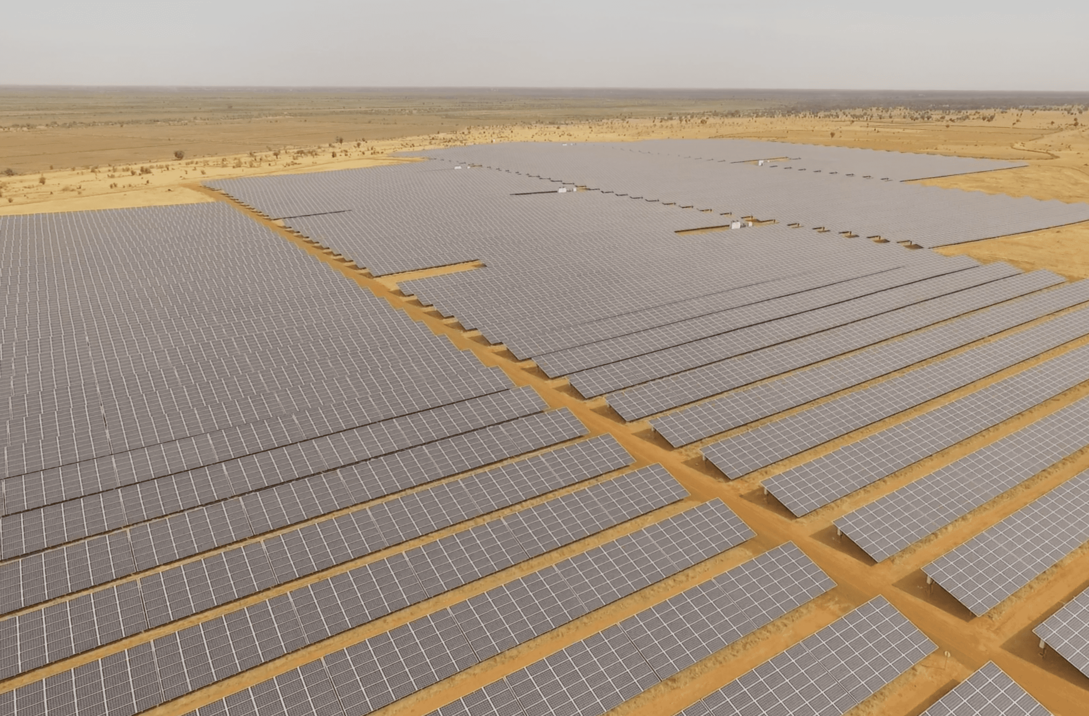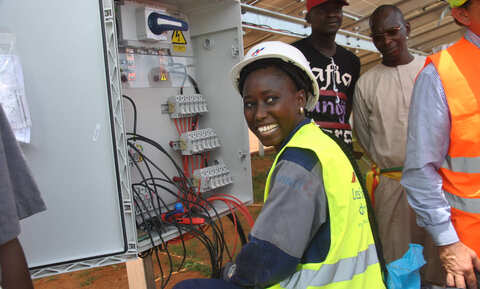Description
Project Name: Bokhol
Project Owner: Africa Ren
Standard: Verra VCS
Project ID: 1774
In the sun-drenched plains of Bokhol, the project stands as a trailblazer in West Africa’s renewable energy revolution. Commissioned in October 2016 as Senegal’s first solar PV project and the largest project backed up by an independent power producer (IPP) in West Africa, this 25 MWp powerhouse spans 50 hectares, harnessing 77,000 solar panels to generate 34 GWh annually. Powering more than 150,000 households, it slashes Senegal’s reliance on CO2-intensive diesel and coal.
Developed by Africa REN in a record-breaking 12 months, Bokhol delivers electricity to Senelec under a 20-year power purchase agreement (PPA). The plant features single-axis trackers and string inverters for optimal efficiency. Its proximity to a Senelec transformer ensures seamless grid integration via underground lines. Honored as “Best Renewable Energy Project of 2017” by the Africa Investment Forum Awards, Bokhol sets a global benchmark for solar innovation in the region.
By reducing electricity bills and powering irrigation pumps, Bokhol saves farmers 70% on energy costs, boosting agriculture in a region where 43% of the population lack electricity access and 70% of energy is fossil-based.
Africa REN’s commitment to sustainability shines through its ESG Charter, embedding community empowerment into Bokhol’s core. The project created 150 construction jobs (70% local) and sustains 25 permanent roles. Social initiatives include building two electrified schools in Ngabou Thille, installing 15 solar kits and street lamps.
Pictures
